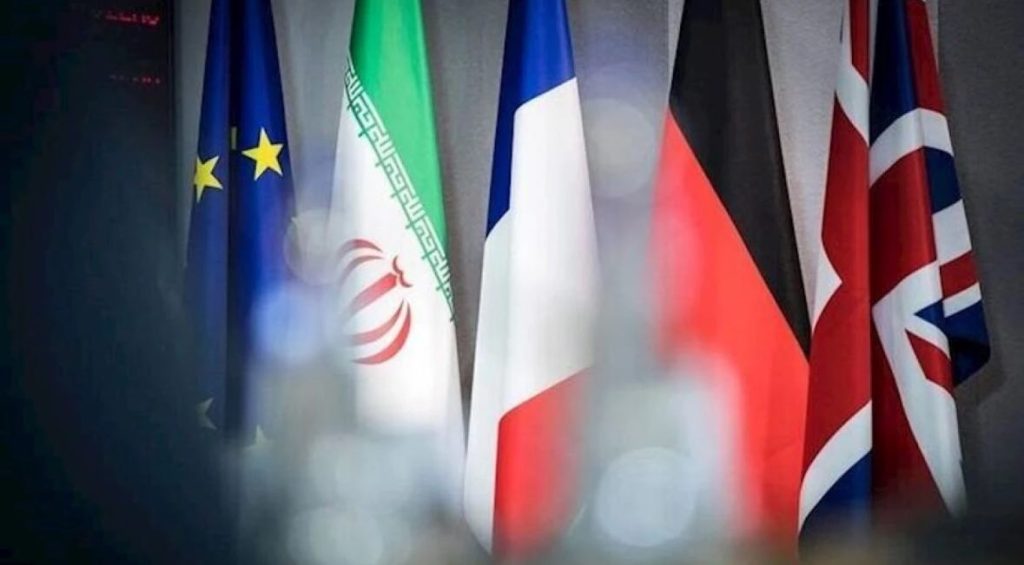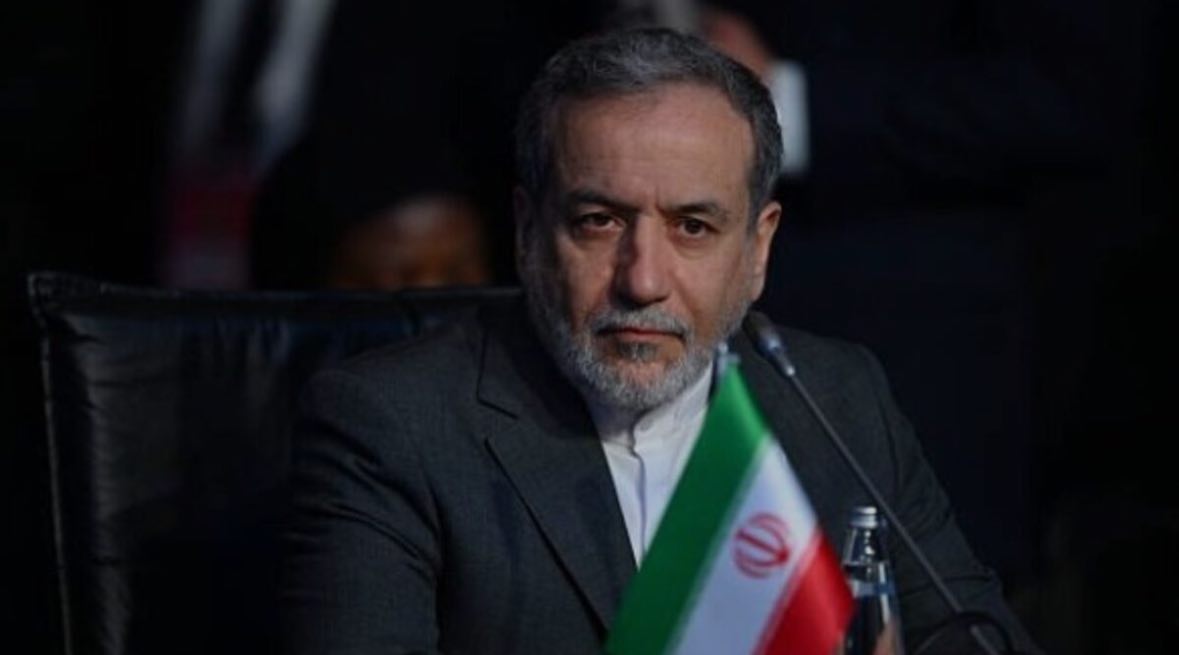The trigger mechanism was activated; Araqchi: Our response will be decisive
The trigger mechanism was activated; Araqchi: Our response will be decisive
According to Iran Gate News Agency, amid escalating tensions between Tehran and three European countries over the 2015 nuclear deal, Iran’s Deputy Foreign Minister Abbas Araqchi announced the Islamic Republic’s conditional readiness to return to negotiations.
These statements were made hours after France, the United Kingdom, and Germany officially began the process of reinstating international sanctions against Iran through the mechanism known as the trigger mechanism, an action that could bring political and diplomatic equations between Iran and the West into a new phase.
Return to diplomacy: Iran speaks of readiness for nuclear negotiations; Europe activated the trigger mechanism

As tensions over Iran’s nuclear program rise again, Iran’s Deputy Foreign Minister Abbas Araqchi announced Tehran’s readiness to return to the negotiating table. This announcement comes as the three European countries—France, the United Kingdom, and Germany—have started the process of activating the trigger mechanism, an action that could lead to the reinstatement of international sanctions against Iran.
In an official letter to Kaja Kallas, the European Union’s foreign policy chief, Araqchi wrote that Iran declares its readiness to resume fair and balanced diplomatic negotiations, provided that the opposing parties show seriousness and goodwill and refrain from actions that undermine the chances of success.
The trigger mechanism: A tool to reapply pressure
In a joint statement, the three European countries accused Iran of violating the terms of the 2015 nuclear agreement, the JCPOA, which committed Iran to limit its nuclear program in exchange for the reduction of sanctions.
These countries have announced that to prevent Iran from acquiring nuclear weapons, they will use all diplomatic tools, including the activation of the trigger mechanism.
The trigger mechanism is a process that allows JCPOA members to request the reinstatement of United Nations sanctions if Iran violates the agreement.
A process that does not require a vote in the Security Council and can automatically reinstate sanctions after 30 days unless the Security Council decides otherwise.
Tehran’s strong reaction: Distortion of reality and an illegal action
In response to this action, Araqchi sent a letter to the UN Secretary-General and the Security Council, describing the European countries’ statement as a distortion of realities and accused them of attempting to illegally reinstate sanctions.
According to him, Tehran had previously, in 2018, formally activated the dispute resolution mechanism following the unilateral US withdrawal from the agreement. Therefore, he described any attempt to extend the provisions of Resolution 2231 or reinstate sanctions as unjustified and warned that Iran would respond decisively and proportionately.
Sensitive timing: Europe, Russia at the helm of the Security Council
Analysts believe that the timing of the action by the three European countries is also significant.
The European countries only had until mid-October to initiate the process of reinstating sanctions before the provisions of Resolution 2231 expired.
This action also took place just before Russia’s rotational presidency of the Security Council began, a country considered one of Iran’s main allies and could potentially delay or obstruct the process.
Uncertain diplomatic outlook
Despite Iran’s announcement of readiness to return to talks, the negotiation atmosphere remains ambiguous and tense. Western parties have repeatedly criticized the lack of transparency in Iran’s nuclear program, while Tehran accuses the West of failing to fulfill its JCPOA commitments.
In such conditions, returning to negotiations requires political will on both sides and the creation of a minimum level of mutual trust, something that seems more challenging now than ever.
What will happen?
Will the window of diplomacy open once again, or will tensions reach a point of no return? While Iran signals a willingness to talk, Western punitive actions and the trigger mechanism could complicate matters and block the diplomatic path.
What happens in the coming weeks could determine the fate of one of the most important international agreements of the past decade.

